calsfoundation@cals.org
DeWitt (Arkansas County)
County Seat
| Latitude and Longitude: | 34º17’34″N 091º20’16″W |
| Elevation: | 189 feet |
| Area: | 2.99 square miles (2020 Census) |
| Population: | 3,056 (2020 Census) |
| Incorporation Date: | January 26, 1876 |
Historical Population as per the U.S. Census:
|
1810 |
1820 |
1830 |
1840 |
1850 |
1860 |
1870 |
1880 |
1890 |
1900 |
|
– |
– |
– |
– |
– |
– |
– |
169 |
246 |
318 |
|
1910 |
1920 |
1930 |
1940 |
1950 |
1960 |
1970 |
1980 |
1990 |
2000 |
|
831 |
1,422 |
2,498 |
2,498 |
2,843 |
3,019 |
3,728 |
3,928 |
3,553 |
3,552 |
|
2010 |
2020 |
|
|
|
|
|
|
|
|
|
3,292 |
3,056 |
|
|
|
|
|
|
|
|
DeWitt, one of the two seats of Arkansas County, is located in the center of Arkansas’s rice industry and is a minor center of rice milling and processing. The town got its start as a compromise and its name out of a hat.
Louisiana Purchase through Early Statehood
The settlement of Arkansas Post (Arkansas County) served as the capital of Arkansas Territory until 1821, when the seat of government was moved to Little Rock (Pulaski County). After that date, the seat of Arkansas County remained at Arkansas Post. As the county’s population grew, Arkansas Post’s importance dwindled, and a new county seat, closer to the center of the growing population, became desirable. After much debate, a site near the center of the county was chosen. After the site was selected, three men—Colonel Charles W. Belknap, Leroy Montgomery, and county surveyor Adam McCool—gathered to select a name for the new town.
The men argued over a name for a while before finally deciding to pick a name by lot. Each man wrote a name on a piece of paper and placed it in a hat. McCool was a great admirer of Governor DeWitt Clinton of New York. There was another town in the state named Clinton, so McCool wrote “DeWitt” on his slip of paper, and that was the name drawn from the hat.
Col. Belknap had a log courthouse erected on the block south of the public square reserved for a permanent courthouse. This courthouse consisted of three log buildings: one for a courtroom, another for the clerk’s and sheriff’s offices, and the third for a jury room. In 1861, the Quorum Court made provisions for the erection of a brick courthouse and appointed Col. W. H. Halliburton as commissioner to secure plans and bids for its construction. The new courthouse was completed in 1862.
Civil War through the Gilded Age
DeWitt escaped damage during the Civil War, although the nascent town did contribute several soldiers to the Confederate cause. During Reconstruction and for two decades afterward, the town struggled because, although it was in the center of Arkansas County, it was far from the primitive transportation network of the day. Freight had to be brought in by wagon from the White River ports of St. Charles (Arkansas County) or Crocketts Bluff (Arkansas County), each about fifteen miles away. As a trading point, it amounted to little. In 1891, a lynch mob shot three jailed men for allegedly plotting a murder.
In 1869, a white man named William Closson was lynched in DeWitt for having allegedly murdered a man. In September 1877 near DeWitt, two African-American men named Elligin and Anderson were lynched for the alleged crime of murder.
The main railroad line was built through the new town of Stuttgart (Arkansas County), in the northwest corner of the county, in the 1880s, and a spur line was constructed down to Burks Switch (Arkansas County), three miles west of town, in 1891. The people of DeWitt, under the leadership of Col. James A. Gibson, raised $10,000, a staggering sum in those days, to get the officials to make a three-mile bend in the road and run it through DeWitt.
A considerable boom followed. A sawmill was built, and the first brick store building soon followed. The livestock and hay industry rapidly grew with the new facilities for shipment, and the county at one time produced a quarter of a million tons of hay each year. Additional residents came to the town, and homes and a three-room school building were built.
Early Twentieth Century
The earliest settlers grew cotton as their cash crop, but the Grand Prairie was not ideal cotton country. However, in the early 1900s, the rice industry took hold, and rice growing and milling soon became the area’s largest industry. The area was also a big shipping center for timber, as lumberjacks exploited the old-growth forests in the White River bottomlands east of DeWitt.
In 1916, an African American man named Frank Dodd was lynched by a large mob after reportedly insulting two white women the day before.
Like almost every other part of the country, DeWitt was hard hit by Depression, but its diversity of resources softened the blow somewhat. In the 1930s, DeWitt had two sawmills, one stave mill, three hickory mills, and two large rice mills that handled about one-third of Arkansas’s rice crop. The town also was the site of some national recovery activity; the Works Progress Administration (WPA) built three auxiliary buildings at the high school, two of which are still in use. The present courthouse was built in 1931 and serves as an anchor for the DeWitt Commercial Historic District.
DeWitt’s most famous—or infamous—citizen garnered headlines for a couple of years in the mid-1930s. Helen Spence was a teenager when her father, Cicero Spence, was murdered. As she watched the trial of Jack Worls, the man accused of shooting her father, she was convinced he was going to be acquitted, so she smuggled a gun into the courtroom and shot him. She was convicted, but her conviction was overturned by the Arkansas Supreme Court, and she was freed. After confessing to the killing of a man who had been harassing her, she was then sent to the State Farm for Women, from which she escaped only to be shot by Frank Martin, a trusty guard. The shooting was ruled self-defense, even though Spence was shot in the back of the head.
World War II through Modern Era
Agriculture and related industries sustained the area until after World War II, when the trend toward mechanization eliminated many farm jobs, and the population decreased. City leaders went searching for another industry and, in 1960, succeeded in attracting a shoe factory to the community. The factory was the city’s largest single employer until 2001, when it closed, the victim of lower labor costs in Asia and other offshore locations. However, the plant was leased in 2002 by Belleville Shoe, Inc., a major supplier of combat boots to the U.S. military. The local factory has produced footwear used by U.S. troops in Afghanistan, Iraq, and other theaters of war.
The 1960s also saw the establishment of the Rice Belt Vocational-Technical Institute. The school taught welding, truck driving, nursing, and other subjects until 1996, when it was incorporated into Phillips Community College of the University of Arkansas (PCC) and adopted a two-year academic curriculum. In 2005, PCC’s DeWitt campus started an agriculture program, and it is working to become the state’s premier two-year college in the field.
The other major employers in the city are all agriculture-related: Cormier Rice Mill, a locally owned corporation, as well as subsidiaries of Stuttgart-based Riceland Foods and Producers Rice Mill. Adams Fertilizer Equipment, a manufacturer of grain carts and other agricultural equipment is located in DeWitt, as well as several smaller agriculture-related businesses.
DeWitt is the center of the DeWitt School District, the largest in the state in terms of area. The district, which has about 1,400 students, incorporated the smaller Gillett (Arkansas County) and Humphrey (Arkansas County) school districts under the legislative mandate of 2005. Until 1967, when the schools desegregated, the city had a school for African-American students in grades 1–8; students then went to Immanuel High School in Immanuel (Arkansas County), located in the northern part of the county.
Notable Figures
Frank Glasgow Tinker, a pilot during the Spanish Civil War, attended high school in DeWitt. DeWitt was also the childhood home of poet Jo McDougall.
Attractions
DeWitt is one of nineteen places in Arkansas where Depression-era post office art can be viewed. The country courthouse there is listed on the National Register of Historic Places.
For additional information:
DeWitt: A 150-Year Journey. DeWitt, AR: DeWitt Era-Enterprise, 2003.
C. F. Scott
DeWitt Era-Enterprise
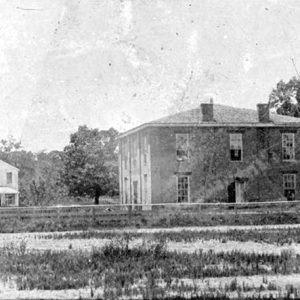 Arkansas County Courthouse
Arkansas County Courthouse 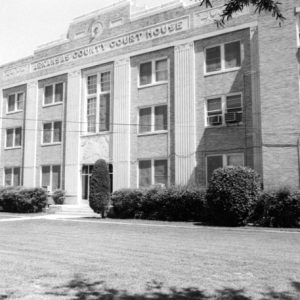 Arkansas County Courthouse, Southern District
Arkansas County Courthouse, Southern District  Arkansas County Courthouse, Southern District
Arkansas County Courthouse, Southern District  Arkansas County Map
Arkansas County Map  Dana's House
Dana's House 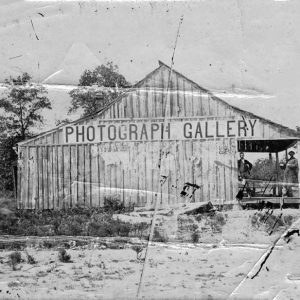 Dayton Bowers’s Photograph Gallery
Dayton Bowers’s Photograph Gallery  DeWitt Church
DeWitt Church 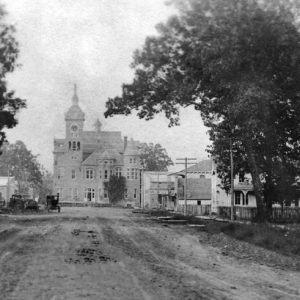 DeWitt Courthouse
DeWitt Courthouse  DeWitt Depot
DeWitt Depot 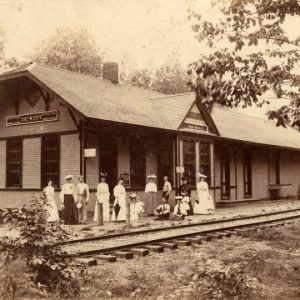 DeWitt Depot
DeWitt Depot  DeWitt Grain Elevator
DeWitt Grain Elevator  DeWitt High School
DeWitt High School  DeWitt Post Office
DeWitt Post Office  DeWitt Post Office Art
DeWitt Post Office Art  DeWitt Post Office Art
DeWitt Post Office Art 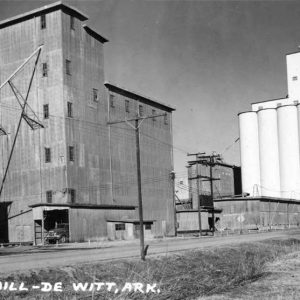 DeWitt Rice Mill
DeWitt Rice Mill 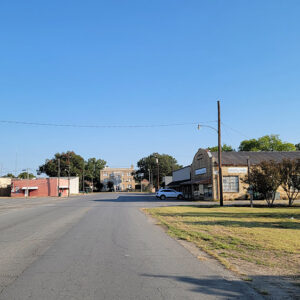 DeWitt Street Scene
DeWitt Street Scene 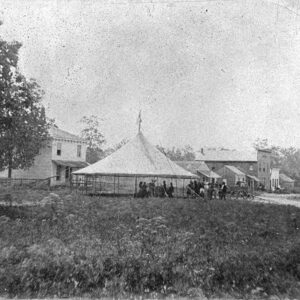 DeWitt Street Scene
DeWitt Street Scene 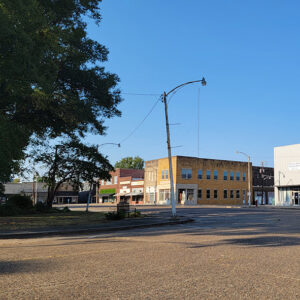 DeWitt Street Scene
DeWitt Street Scene 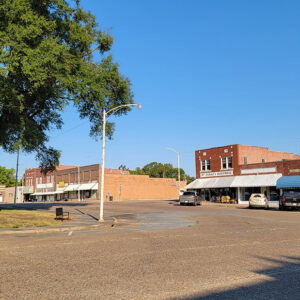 DeWitt Street Scene
DeWitt Street Scene  DeWitt Street Scene
DeWitt Street Scene 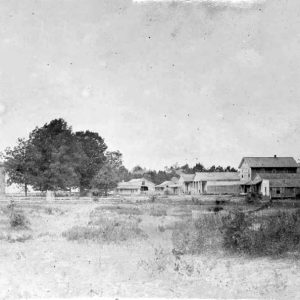 DeWitt Street Scene
DeWitt Street Scene 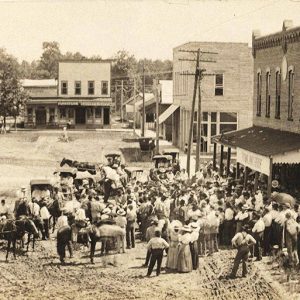 DeWitt Street Scene
DeWitt Street Scene 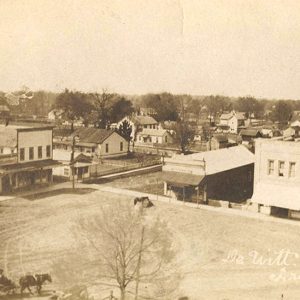 DeWitt View
DeWitt View  DeWitt Water Tower
DeWitt Water Tower 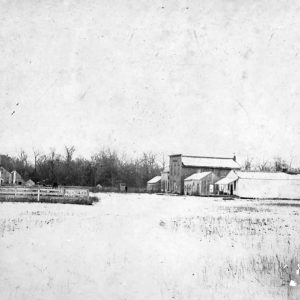 DeWitt; 1880s
DeWitt; 1880s 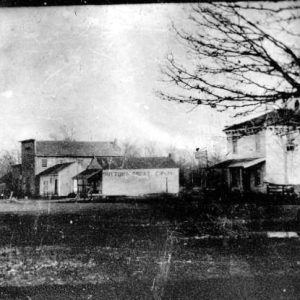 DeWitt; 1882
DeWitt; 1882  Hunting Shelter
Hunting Shelter 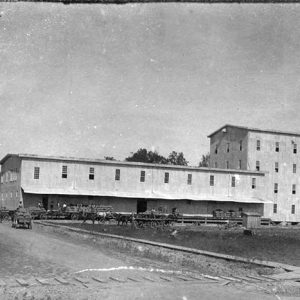 L. A. Black Rice Mill
L. A. Black Rice Mill 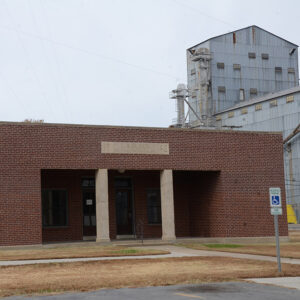 L. A. Black Rice Milling Association Inc. Office
L. A. Black Rice Milling Association Inc. Office 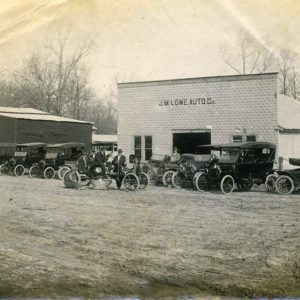 Lowe Auto Company
Lowe Auto Company  Jo McDougall
Jo McDougall 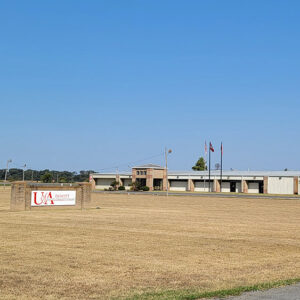 Phillips Community College; DeWitt
Phillips Community College; DeWitt 




Comments
No comments on this entry yet.